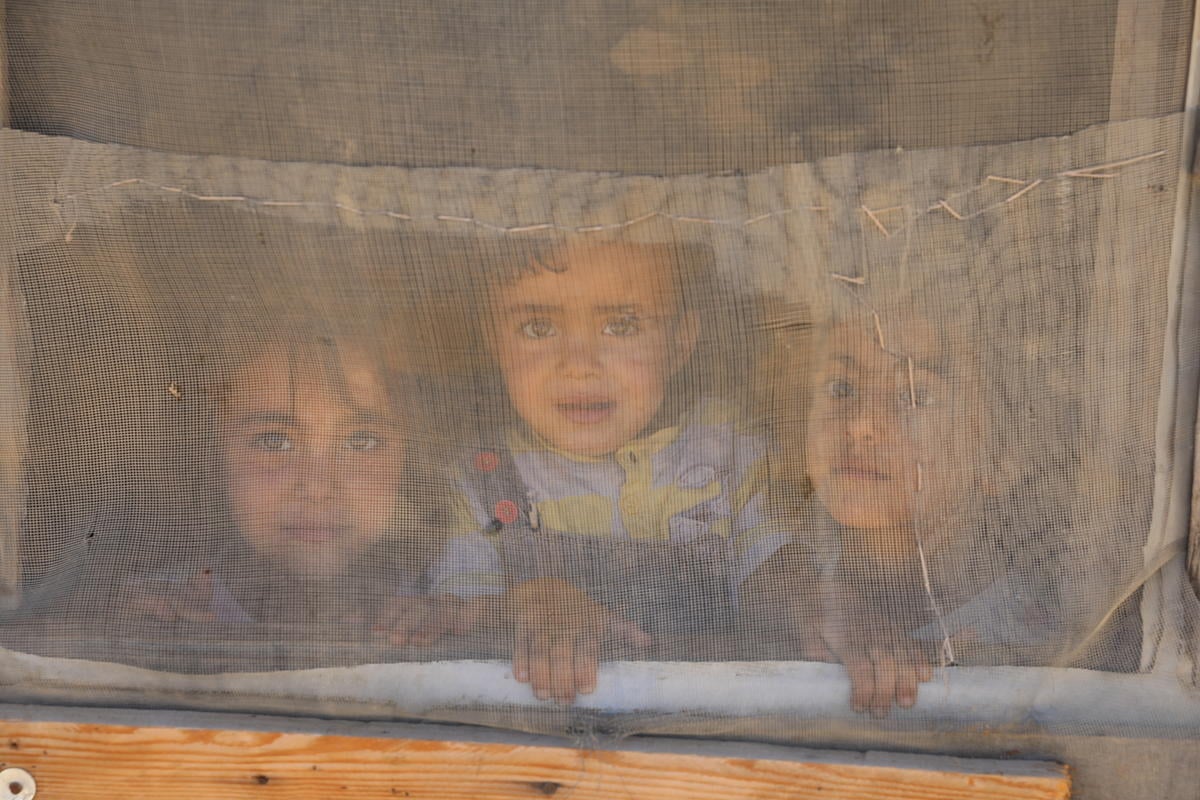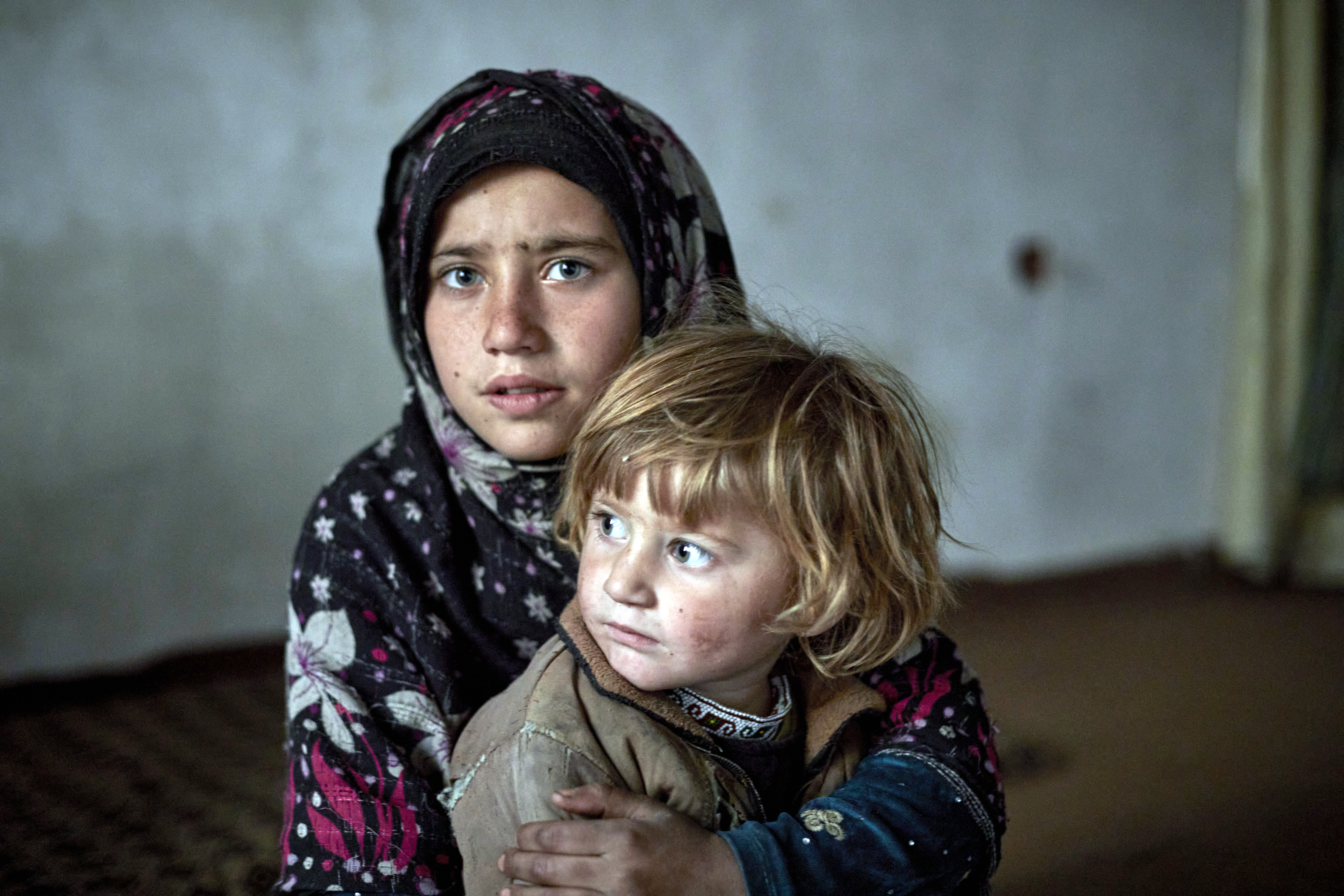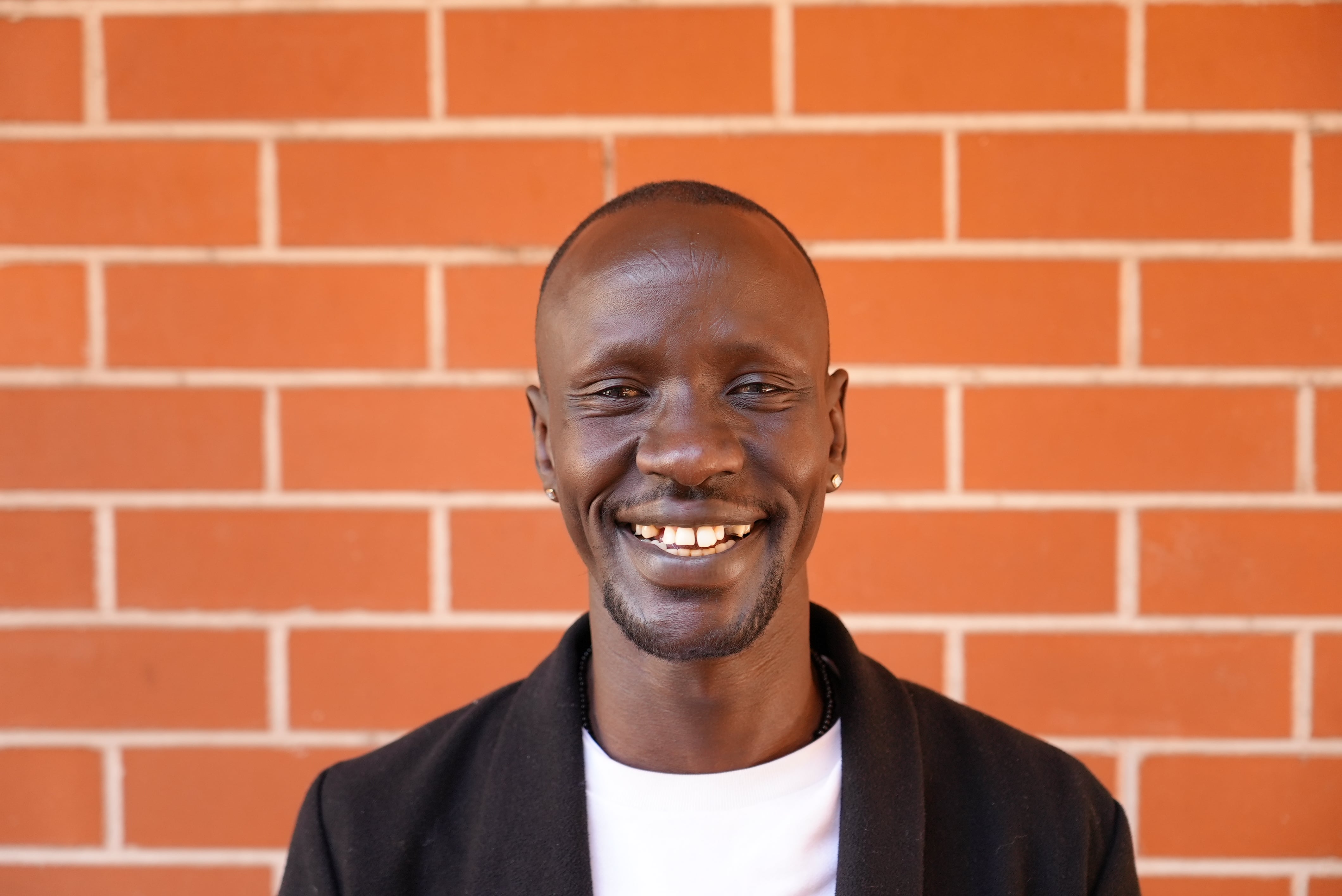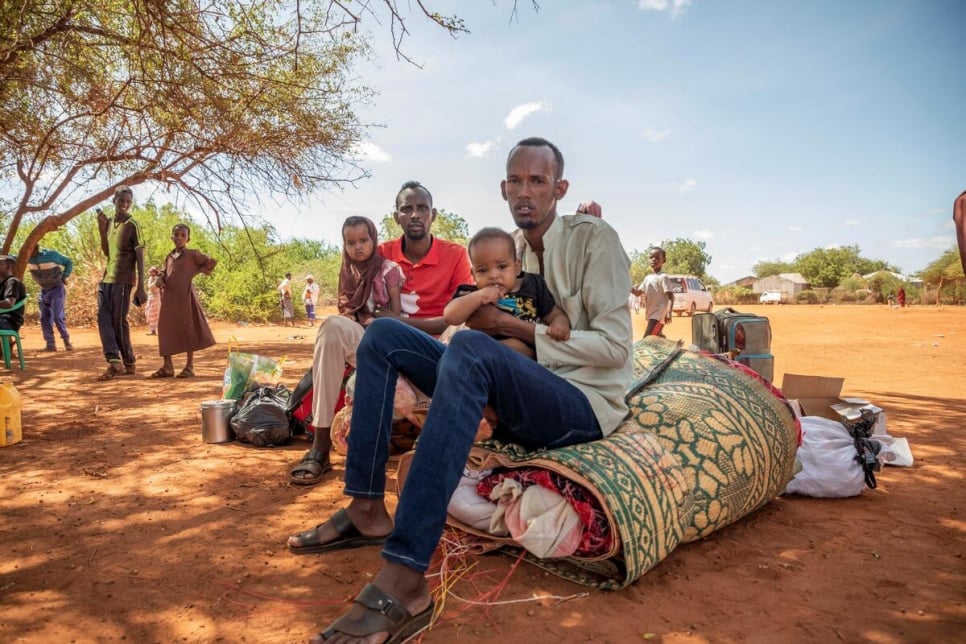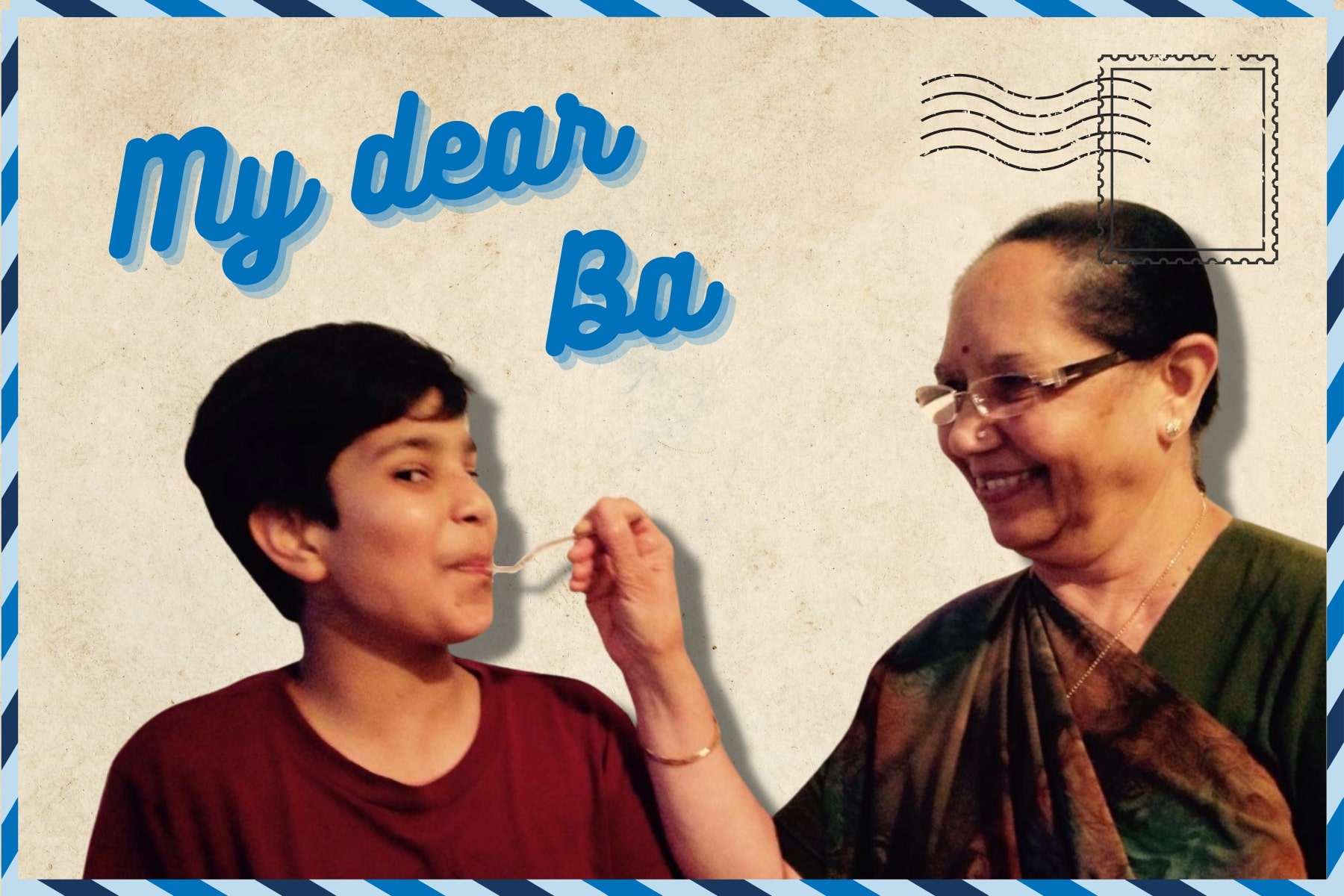First Anniversary of Community Refugee Integration and Settlement Pilot
First Anniversary of Community Refugee Integration and Settlement Pilot

Dear Friends,
Thank you for inviting me to speak today.
I’d like to acknowledge the traditional custodians of the land on which I am speaking to you from, which happens to be the land of the Ngunnawal and Ngambri peoples. And I pay my respects to Elders past and present.
We have been marking Refugee Week and World Refugee Day over these past days. Two months ago we had a mission to Australia of High Commissioner for Refugees Filippo Grandi. This after an 11-year gap in such visits.
His is not the only recent visit we have had. The fact is a lot has been happening at UNHCR. And a lot happening here, in this region and also more widely internationally. So much to talk about together.
As many of you know Australia is taking over next week as chair of the Annual Tripartite Consultations on Resettlement. Later this year, in December, Australia will also be among some 130 countries coming together in Geneva for the Global Refugee Forum – the world’s biggest refugee gathering post-pandemic and of the 2020s to date and an occasion to shape for the next years the way we are all responding.
For all of us working with and for refugees, we are doing so amid an international environment that is not just busy, but becoming more complex. In Europe, asylum matters are again at the fore following the calamitous loss of life last week from a boat disaster off Greece. In countries neighbouring Syria, we hear from some refugees that they are in fear of being pushed to return home. In Kenya, Bangladesh, DR Congo and other places a squeeze on funding for humanitarian operations has meant food cuts for refugees and others who are displaced. My own colleagues at UNHCR currently are working in 22 active emergencies; 110 million forcibly displaced, about a third of them being refugees; We are spending around US$6 billion a year – and funded almost entirely by voluntary contribution. Meanwhile, geopolitical tension is making cooperation harder to achieve. Where this is most noticeable is the increase in war and conflict we have all been seeing in the last decade.
The world is doing an unacceptably poor job of making and keeping peace. Which is why, when it comes to today’s situation of refugees and the countries that host them, we have to do a lot better at finding solutions. Becoming a refugee should not be a life sentence; There has to be a point at which the experience of living as a refugee ends.
And this is where resettlement and complementary pathways comes in, and why as one element of this the Community Refugee Integration and Resettlement Pilot (CRISP) is generating much interest and excitement.
Four and a half years ago, in December 2018 the UN General Assembly affirmed the Global Compact on Refugees. To understand the Compact you need to know that this is possibly the most important new vision for international refugee protection since the creation of the Refugee Convention in 1951. And a cornerstone to it is expanding access to solutions for refugees through resettlement and complementary pathways.
To realise this a new strategy on resettlement and complementary pathways was launched in 2019. Developed by UNHCR and 90 partners this was both an initial 3-year roadmap and a 10-year blueprint for promoting welcoming and inclusive societies while growing the number of places available through pathways to around 300,000 per year by 2028.
The CRISP initiative here in Australia and its focus on community sponsorship is a crucial element in this wider international effort. In terms of quality, it represents hard-to-ignore advocacy: It comes from the community, it builds alliances between people, and it engages new advocates for refugee pathways. It also empowers communities and refugees at the same time, often strengthening both. It is also bottom up, inclusive and encourages innovation. We are seeing here in Australia how it is being embraced by people across the political spectrum – and how momentum is growing.
When it comes to quantity of refugee solutions it is also very important too. Every single place for a refugee that is created profoundly changes the lives of the vulnerable individuals who benefit from this. But beyond this, at a time when major hosting nations are under intense pressure, what Australia and other countries do in resettlement and through complementary pathways including community sponsorship acts as crucial support and a pressure-release mechanism. So when we welcome a refugee family here in Australia, we are delivering help for that family and a global good for society and the world outside Australia. That, is why we at UNHCR advocate for additionality, and for a highly strategic approach to resettlement that maximizes the impact in hosting countries of every single place made available here.
So, congratulations to CRSA, Lisa, the individuals, community groups and businesses and everyone supporting this initiative. And as we have been marking World Refugee Day and Refugee Week, a particularly big shout out to the refugees and refugee families who are part of this. I have met several over the past days and months, and I have met individuals in the community supporting them too. You couldn’t get better advocates.
Happy Refugee Week 2023 everyone.



